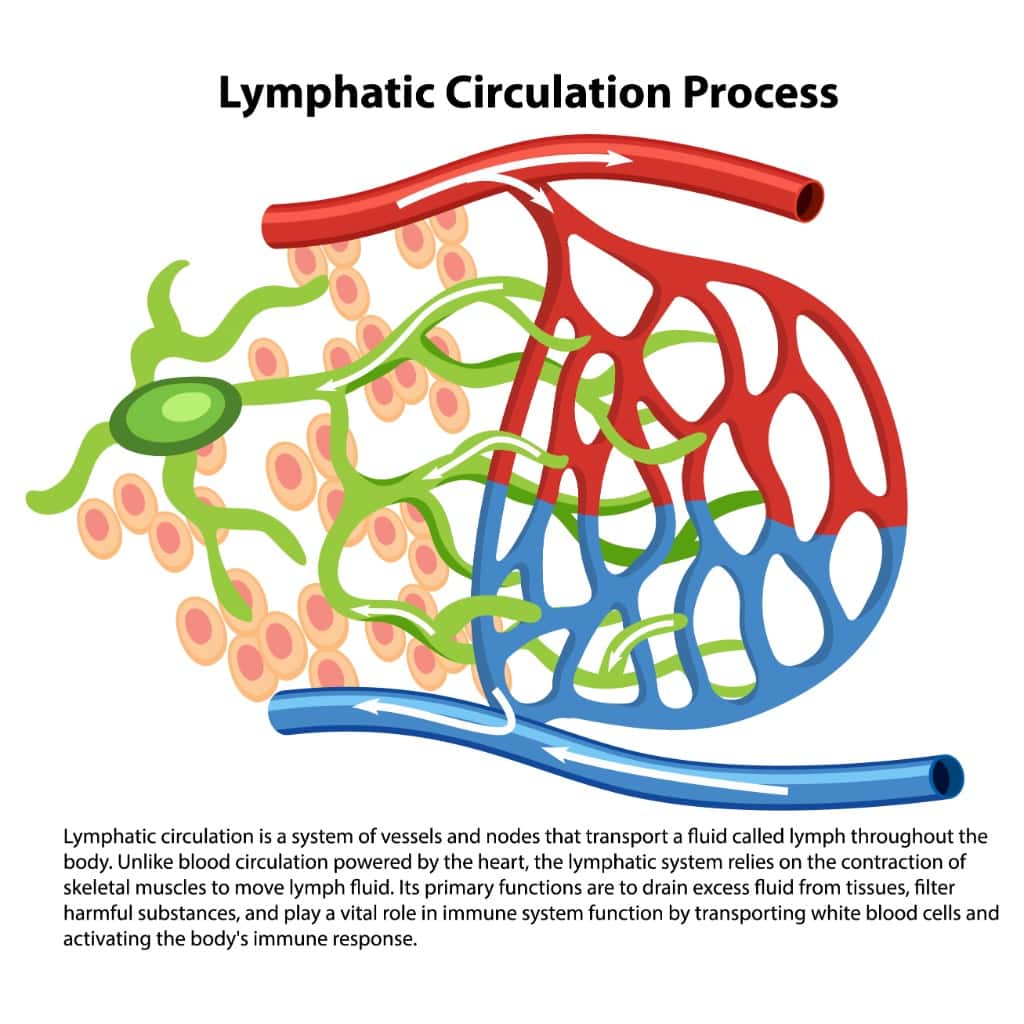Welcome to the online lymphatic capillaries quiz! Have you ever wondered how our bodies are able to remove waste and toxins? Lymphatic capillaries play a crucial role in this process by collecting excess fluid from tissues and returning it to the bloodstream.
In this quiz, you will learn all about the structure and function of lymphatic capillaries. Test your knowledge on how these tiny vessels help maintain fluid balance in the body and play a key role in the immune system. So get ready to dive into the world of lymphatic capillaries and see how much you know!
Play Lymphatic Capillaries Quiz
Instructions
- This quiz is multiple choice.
- Read each question carefully before selecting an answer.
- Choose the best answer for each question.
- You will see the missed questions with correct answers at the end of the quiz.
Lymph Circulation Process

Quick Facts
- These tiny vessels are part of the body’s drainage system, helping to remove excess fluid and waste from tissues.
- They are made up of thin walls that allow fluid, cells, and proteins to enter and exit easily.
- Lymphatic capillaries are found throughout the body, including in the skin, digestive system, and lungs.
- Unlike blood capillaries, lymphatic capillaries do not have a pump to help move fluid through the vessels.
- Instead, the movement of muscles and breathing help to push lymphatic fluid along.
- These vessels play a crucial role in the immune system, helping to transport white blood cells to fight off infections.
- When lymphatic capillaries become blocked or damaged, it can lead to swelling and a condition known as lymphedema.
- They are important for absorbing fats and fat-soluble vitamins from the digestive system.
- Lymphatic capillaries are part of a larger network of vessels that eventually drain into the bloodstream.
- Keeping these vessels healthy is important for overall immune function and maintaining proper fluid balance in the body.
Downloads
Study Tips
- Create a study schedule and stick to it.
- Find a quiet and comfortable study environment.
- Remove distractions such as phones and social media.
- Take breaks every 25-30 minutes to avoid burnout.
- Use active studying techniques like summarizing, highlighting, and teaching concepts to someone else.
- Practice retrieval by testing yourself with flashcards or practice quizzes.
- Stay organized with notes, study guides, and resources.
- Stay hydrated and eat brain-boosting foods like fruits, nuts, and whole grains.
- Get enough sleep to improve memory retention and cognitive function.
- Reward yourself for reaching study goals to stay motivated.
